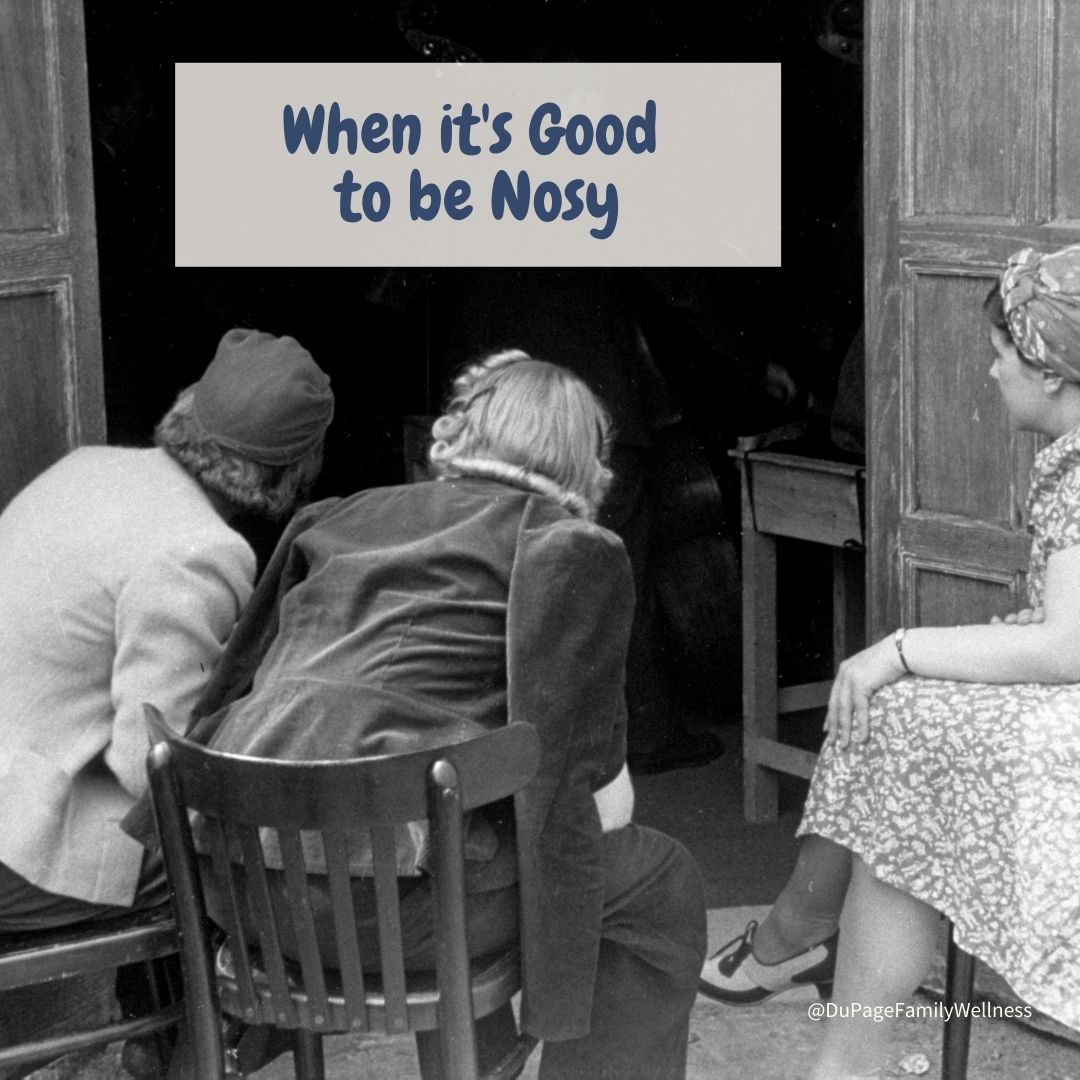 Between work, activities, and family, life can feel pretty overwhelming. You may feel like there aren’t enough hours in the day, so there simply isn’t time to get a good night’s sleep. But sleep is one of the most fundamental functions we do each day. Without good sleep you will not only feel terrible, but you will begin to damage your body.
Between work, activities, and family, life can feel pretty overwhelming. You may feel like there aren’t enough hours in the day, so there simply isn’t time to get a good night’s sleep. But sleep is one of the most fundamental functions we do each day. Without good sleep you will not only feel terrible, but you will begin to damage your body.
Without proper sleep you will likely notice a difference in your energy, mood, and ability to function. And if you consistently wake up from a full night's sleep feeling less than refreshed, you may be dealing with undiagnosed sleep issues.
There is an easy way to check for such a sleep issue that you can do in the privacy of your own home. This simple test costs next to nothing and only takes a few extra seconds at night.
Let’s look at what the experts say about this test and how to use the results to train your body to sleep well again!
What We Are Looking For
According to Dr. Mark Burhenne sleep apnea is the “lack of the ability to breathe properly at night to the point where your sleep is interrupted.”
While most people are aware of severe sleep apnea, Burhenne explains that mild forms are often left undiagnosed especially in otherwise healthy individuals.
Sometimes a dentist will see early warning signs of sleep apnea through features in the mouth. These early signs include gum recession, tooth sensitivity, TMJ, dry mouth, morning headaches, chipped teeth, and nighttime clenching or grinding.
All of these signs can be attributed to the inability to consistently breathe through your nose rather than your mouth.
A Simple Test
In order to address this issue, you need to determine whether you are a mouth or nose breather at night. The easiest way to find this out is to use some special mouth tape to gently tape your mouth shut at night.
Mouth tape is specifically designed for this purpose. It will easily come off when necessary so you don’t need to worry about its safety.
One single strip placed vertically over the mouth at night can help you to determine if mouth breathing is a concern for you. (For more info on mouth taping watch this video.)
Why Nose Breathing Is Important
Science has found many benefits of nose breathing over mouth breathing. We breathe through our nose the cilia in our nose acts as a filter, purifying the air of particles. The nasal passages then regulate the humidity and temperature of the air we breathe.
Nose breathing helps the paranasal sinuses produce nitric oxide - which can increase your lungs ability to absorb oxygen by 10-25%. Since nitric oxide also has anti-fungal, anti-viral, anti-parasitic, and anti-bacterial properties, nose breathing is great for our immune function.
Breathing through the nose actually slows and deepens our breath which allows the lungs more time to absorb oxygen and excrete carbon dioxide from the body. Deeper breaths fill the lower lungs which are rich in parasympathetic nerve receptors which helps the body to calm and go into the rest, digest, and healing state of being as well.
Is Mouth Breathing All Bad?
Mouth breathing is not always bad. It is useful in times of danger or stress. When we need to receive oxygen quickly, mouth breathing fills the upper lungs and triggers the sympathetic state (also referred to as the fight or flight state.)
This type of breath is valuable in intense situations, but causes problems if done habitually. Problems associated with nose breathing include sleep troubles, developmental changes, mouth problems, changes in personality, cognitive issues, and lower immune function. (For more information check out this blog post.)
A Research Study
While researching his book, “Breath: The New Science of a Lost Art,” James Nestor teamed with the chief rhinology researcher at Stanford. Throughout the ten day study, Nestor completely plugged his nose which caused him to only breathe through his mouth.
Nestor says, “I went from snoring a couple minutes a night to, within three days, I was snoring four hours a night… I developed sleep apnea. My stress levels were off the charts. My nervous system was a mess… I felt awful.”
But the really amazing thing is that the day the plugs came out all the negative effects of mouth breathing disappeared.
What Mouth Breathers Should Do
If you are a mouth breather you may be able to train yourself to breathe through your nose by taping your mouth each night. In that case this simple technique will have saved you the expense and hassle of more invasive treatments.
In other cases, you may benefit from an appointment with an ear, nose, and throat specialist (EENT), or even have an overnight Sleep Study done to rule out any more complicated concerns. When in doubt, talk to your doctor for guidance, but realize that sometimes you need to be your own best advocate.
Let me know if you try mouth taping! I’d love to hear your experience with it and answer any of your questions.
Dr. Jamie

